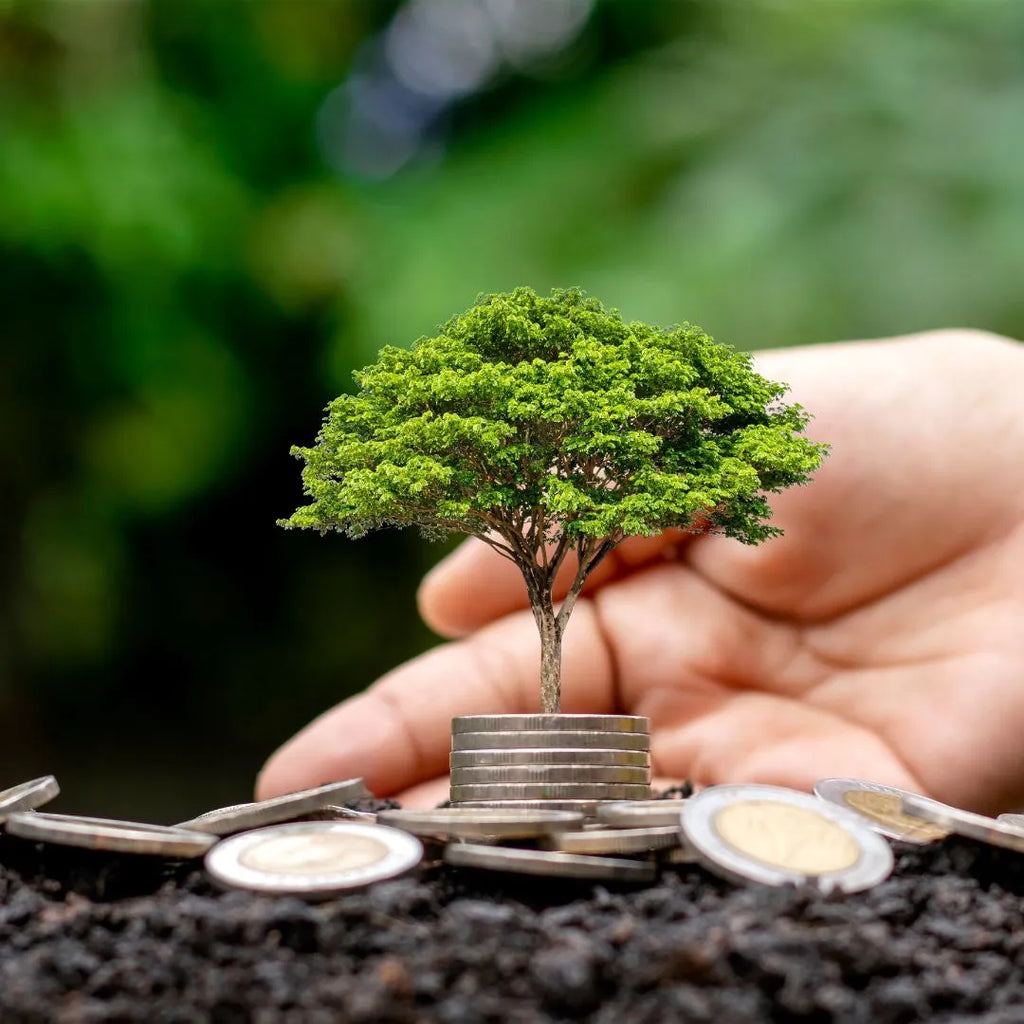Does sustainability have to be expensive?

The world is increasingly moving towards a direction of rising awareness about environmental issues. A common answer that comes up in face of these issues is to opt for a sustainable lifestyle that actively focusses on zero waste living.
Sustainability, however, is always associated with higher costs. From organic produce to eco-friendly products, the external perspective is that living sustainably demands fat pay cheques. In light of the mounting bills, sustainability can be quite discouraging.
However, the truth of the matter is that sustainability does not have to burn a hole in your pocket. In fact, it's quite the contrary. The word ‘sustainability’ itself refers to something that can be pursued for long durations of time and can be done across multiple aspects and that includes monetarily as well.
Here are some ways to show you that sustainability can be something that is not only easily achievable but also easy on your pocket
A common misconception is that all sustainable products come at premium pricing. While some eco-friendly might be pricier, many sustainable practices are cost-effective or even save you money in the long run. A common example is reducing single use plastic usage and embracing reusable items, which lead to significant money in the long run. For instance, investing in a high quality reusable water bottle or coffee cup or even a steel straw. Though the initial cost might be higher than use and throw alternatives, these items are durable and can reduce your dependency on single use products.
Instead of purchasing new items, get creative and hands-on creative with what you already have.
The age old Indian tradition of transforming old clothes into cleaning rags or upcycling glass jars into storage containers. Not only does this reduce waste, but it also minimises the need for new purchases, thereby saving you money.
Locally grown, seasonal produce is often cheaper than purchasing out of season or imported items. Local farmers’ also offer fresh, affordable produce while supporting local economies and reducing the carbon footprint associated with transport. Furthermore, growing your own produce at home creates a space for organic vegetables, while significantly reducing carbon footprint and fertiliser spends too
Similarly, investing in energy-efficient appliances and practices can lead to significant savings on your monthly electricity bills. Simple swaps such as switching to LED bulks, unplugging devices when not in use, substantially help to lower energy consumption, consequently electricity bills.
Sustainability and minimalism go hand in hand. Focussing on quality over quantity and purchasing only what you really need, can help reduce waste and avoid the additional costs associated with frequently replacing items. Minimalism encourages a mindset change with a keen focus on thoughtful consumption, making you make more deliberate and lasting choices.
The most impactful changes are those that are simple, practical and foster thoughtful consumption. Sustainable actions can lead to environmental and financial benefits.


